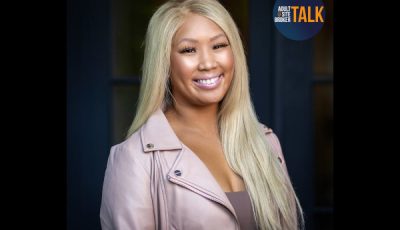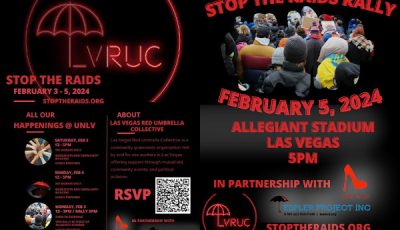Deeper than the Tip: Sex Work – Victorian Views in the Information Age
 The Financial and Discriminatory Risk of Sexuality
The Financial and Discriminatory Risk of Sexuality
You’re getting ready to perform. You put on something nice, check your makeup, make sure the camera is working and the lighting is set up properly. You could be broadcasting live or recording something for later. Either way, you are making your living in front of a camera online or creating content. This is typical for YouTubers, Twitch streamers, adult performers and sex workers.
The main difference is, banks, payment processors and other companies can decide or restrict whether adult performers get paid for their efforts and what platforms they can perform or sell content and services on.
And while behind some of the restrictions is a desire to do good by combating sex trafficking and human rights violations, it’s all too common that sex work and sex trafficking are conflated or considered synonymous in most people’s minds. And this often ends up hurting those who choose to make a legitimate living and pay their bills by doing adult entertainment.
WHY ARE WE SEEN DIFFERENTLY? 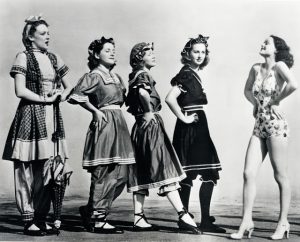 So what differentiates people who work in the adult industry as opposed to other professions? We use our bodies as much as a surgeon would use their hands, a scientist would use their brains or athletes use their bodies. We just use different body parts. It’s ok for models to do lingerie or sheer cloths on a catwalk or be scantily clad on magazine covers, but it’s somehow taboo to do work using our bodies for sex appeal. It’s discrimination and we don’t deserve this stigma.
So what differentiates people who work in the adult industry as opposed to other professions? We use our bodies as much as a surgeon would use their hands, a scientist would use their brains or athletes use their bodies. We just use different body parts. It’s ok for models to do lingerie or sheer cloths on a catwalk or be scantily clad on magazine covers, but it’s somehow taboo to do work using our bodies for sex appeal. It’s discrimination and we don’t deserve this stigma.
Whether this view is intended or not it continues a long list of bias and discrimination towards adult industry work or those who choose to use sexuality or their bodies to earn a living. Why is sex considered such a taboo? Sex is a natural instinct and act. And what is often overlooked is the positive aspect of what adult performers are capable of in society, but I will get into that in more detail in a little bit.
A BRIEF HISTORY OF RIGHTS AND RESTRICTIONS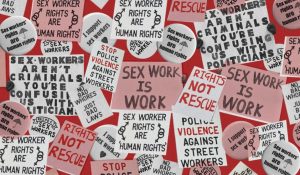
Organizations like the United Nations, Human Rights Watch, Amnesty International and others all agree sex workers rights are human rights. While this view started back in 1948, even long before then until today there has been constant discrimination and even direct attacks on those who choose our industry. While the common bias against adult entertainers is typically things like, “oh she’s a stripper/porn star? She must have daddy issues,” or “They’ve been abused,” or “They have no ability or potential to do anything else but use their body,” and so on, as well as other negative stereotypes. This is also a larger issue of not just human rights but women’s and LGBTQ rights as well.
Here is a short chronology and explanation of major moments in history dealing with sex worker and women’s rights, restrictions and discriminations: 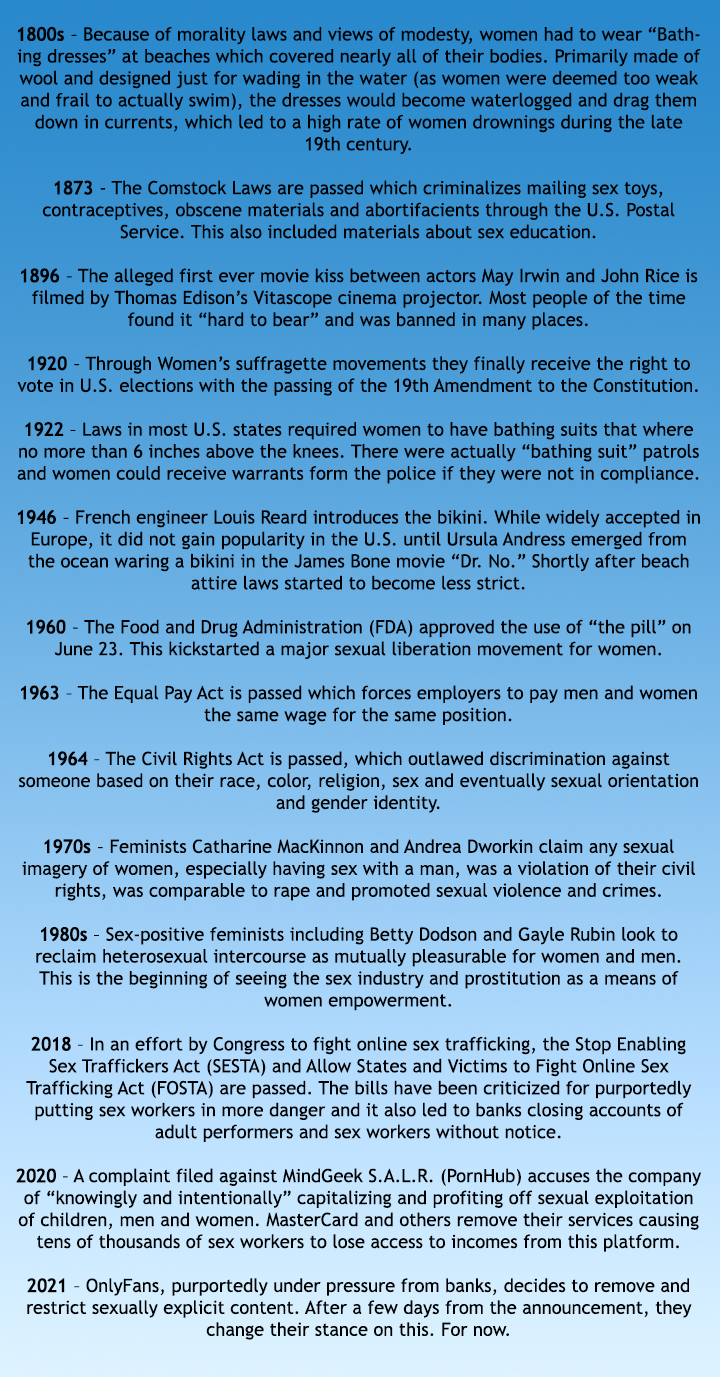
TIMES CHANGE, ATTITUDES DON’T
It seems no matter how much we progress as a society, especially in technology, science and social issues, there is still a very strong stigma pertaining to the adult industry. 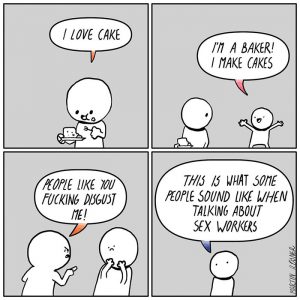 When specific groups can pressure politicians and banks to restrict or hinder sex worker’s abilities to earn a living and pay the rent or to access their income, how is that any different from countries like China restricting their citizen’s access to information and social media? I know it sounds like a slippery slope argument, but is it really that far off from getting to near complete censorship and restrictions to our livelihoods? Are we going to be forced back into the shadows like it was prior to the 1970s?
When specific groups can pressure politicians and banks to restrict or hinder sex worker’s abilities to earn a living and pay the rent or to access their income, how is that any different from countries like China restricting their citizen’s access to information and social media? I know it sounds like a slippery slope argument, but is it really that far off from getting to near complete censorship and restrictions to our livelihoods? Are we going to be forced back into the shadows like it was prior to the 1970s?
“They” keep putting a stick in our wheels during a time in history where we should be progressing not regressing. They don’t do that with unhealthy fast-food restaurants. They don’t do that with alcohol. Those are vices that are socially acceptable and part of our freedom of choice. And so is what we do in our bedrooms with consenting adults whether we want to make an income from it or not. And its perfectly healthy to have a good, active sex life. It seems like quite the double standard to try and restrict a natural act but not restrict ingesting potentially harmful food and drinks. But I don’t want to get too far into that kind of argument.
So, as censorship on social media increases and people have been more isolated because of COVID, people need an outlet for their natural needs and desires. And the more you prevent people from accessing something, the more they want it or they will find other ways to release their frustrations.
POSITIVELY PROVIDING TO OTHERS AND SOCIETY
Adult workers and entertainers give a safe outlet and release. We also provide social and psychological help to people who feel alone or isolated, or uncomfortable telling others their desires and needs. People then feel relieved, which can help to lessen depression and alienation. It is also well known that countries where adult content is not restricted, and prostitution is legal leads to less overall crime and even lowers divorce rates compared to countries that criminalize sex work. It seems counterproductive to restrict accessibility to, and employment in, the adult industry — even more so during a global pandemic.
I personally have often been thanked by my members and guests for changing the course of their life or helping them through hard times. While most may think watching and interacting with adult performers is just about sex, it goes far beyond that more often than not. I’ve had the opportunity to touch someone’s life on a very personal level and to influence it in a positive manner. And I’m sure I’m not the only one with stories like that. We matter. We make a difference.
CHOICES, CONSENT AND CONSEQUENCES
I personally think it is unfair to attack the sex workers when what needs to be found is the root of the problem (if enjoying adult entertainment is even a real problem to begin with) and what drives people to consume our content or services. There is a reason it’s called the world’s oldest profession. People should be free to seek out and fulfill their needs. It’s their body and if two consenting adults want to do something together and it doesn’t hurt anyone, that is their business, no ones else’s.
There is an underlying hypocrisy with people judging adult workers, but then turn around and go home to jerk off or release stress with sex, whether it’s with a partner or stranger. Sex is normal. Why is it ok to look at women in bikinis or go to a strip club, but performing actual sex or simulated sexual acts for income is a problem? 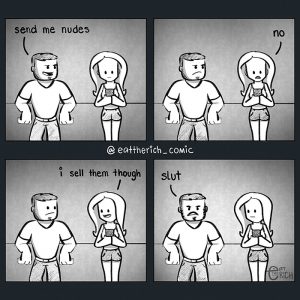
People can choose to eat healthily, or they can choose to eat McDonalds all the time. The latter can be physically unhealthy but it’s their choice. Watching adult content online is someone’s choice and there is nothing inherently unhealthy about that, as long as like most anything, it’s done in moderation.
While some efforts to stop sex trafficking and exploitation start as noble or well-intentioned, how it gets enacted and executed often causes more harm and danger to “legitimate” sex workers, whether intended or unintended.
The most recent example of OnlyFans has many adult performers worried or scared that eventually they will restrict content, cutting off regular funds and income so desperately needed. This has often crept into some platforms when banks and payment processors become more restrictive which leads to problems paying adult performers as well. This can lead to many feel uncomfortable or unsure they will get paid if banks suddenly pull the plug or payment processors cannot pay out your money you’ve already earned.
ADULT WORK DURING THE PANDEMIC
Because of COVID many people who lost their jobs or couldn’t work turned to the adult industry and now people want to put an additional stigma on them and tell them they can’t make a living when times are hard. There is a demand, and we are providing a service and filling a need while stimulating the economy (among other things!). You would think banks and politicians would love that kind initiative and capitalistic endeavor.
In this time of COVID, virtual adult entertainment is a valid and typically safe way to earn an income while so many other types of jobs are either scarce, limited, or pose a risk of COVID exposure, among other issues.
When it comes down to it, should governments, banks and companies control our ability to make a living, even if for some that involves having consensual adult acts? Especially if that act is done or shared virtually?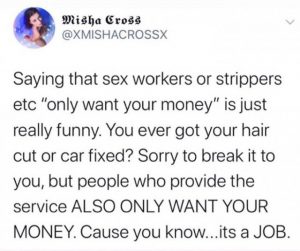 Many sex workers had to be creative during COVID to find new and unique ways of producing, distributing and earning income from content, and many did very well or even did better than pre-COVID in earnings. But having the potential of the rug being pulled out from under them at any moment creates uncertainty and can make it difficult to plan for long-term financial security.
Many sex workers had to be creative during COVID to find new and unique ways of producing, distributing and earning income from content, and many did very well or even did better than pre-COVID in earnings. But having the potential of the rug being pulled out from under them at any moment creates uncertainty and can make it difficult to plan for long-term financial security.
We are often very self-reliant, having to quickly adapt to changes just to survive. And many people who had never done any kind of sex work either had no choice or had very limited choices and were thrust into this industry to make ends meet. Isn’t that the type of story people love to say about how someone started with nothing, but worked hard to cut out their piece of the American pie? Why does it matter if you do that by starting a restaurant, opening a store, or providing a service like a mechanic, accountant or adult entertainment?
Plus, if you do work in the adult industry, there is a discrimination against you which makes it hard or almost impossible to eventually work in a “normal” job after. Women have even lost their “mainstream” jobs when it is found out they had done adult work, or just posted images considered “too sexy” or “too explicit” on their personal social media with no attempt to monetize it. It’s their personal life choice, isn’t it? How is that even fair? Who are they to judge what is and isn’t ok in the first place? It just shows how judgmental, close-minded and intolerant people still are.
So what can we do to change how our industry is viewed by most to make our jobs safer and more financially secure? How do we end the stigma we’ve had for far too long before our livelihood is drastically altered or taken away?
xx, O
Contact or give feedback and suggestion to LittleRedBunny at:
Twitter – @LittleRedBunnyx and @littleredacadem
Instagram – LittleRedBunny_
Facebook – Facebook.com/TheArtofCamming
To learn more about and contact LittleRedBunny Academy visit: http://www.littleredbunny.com/littleredacademy/




